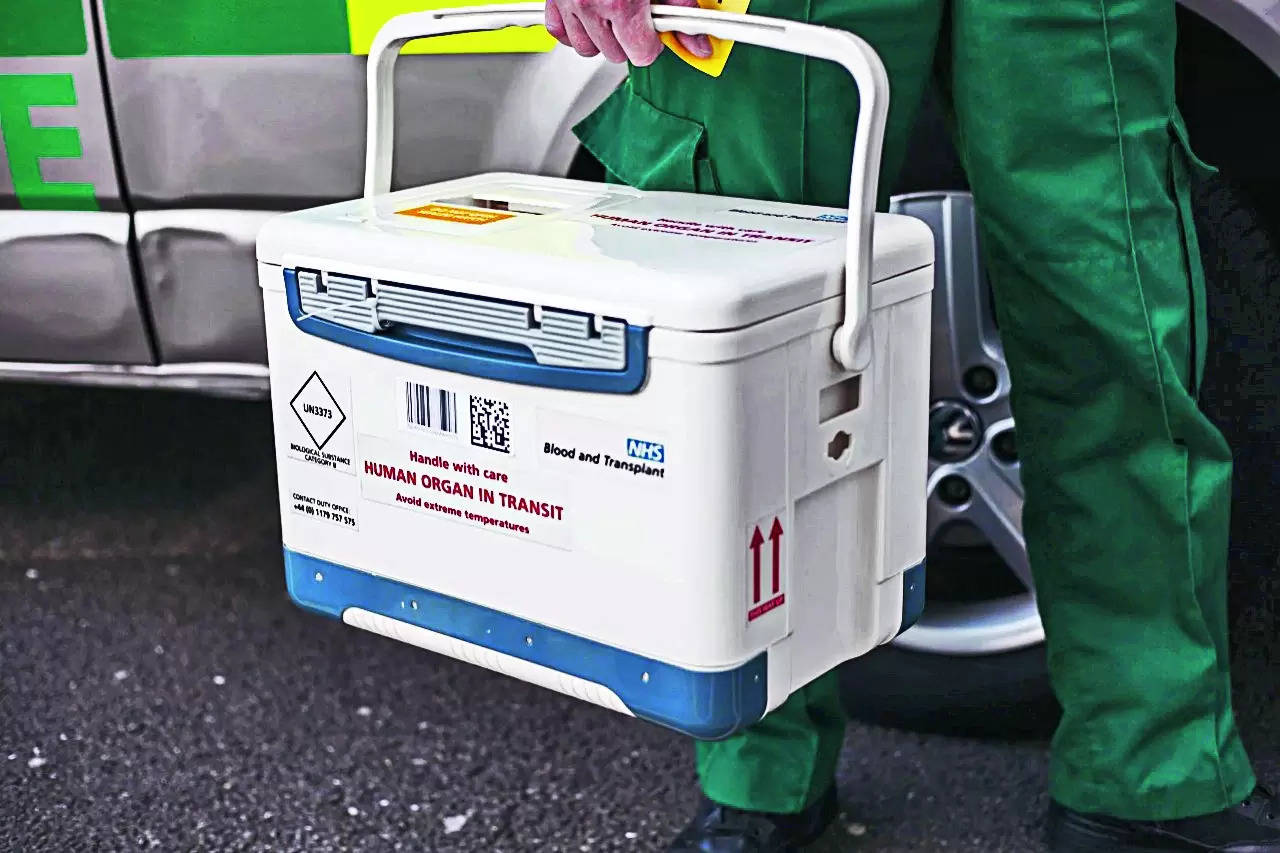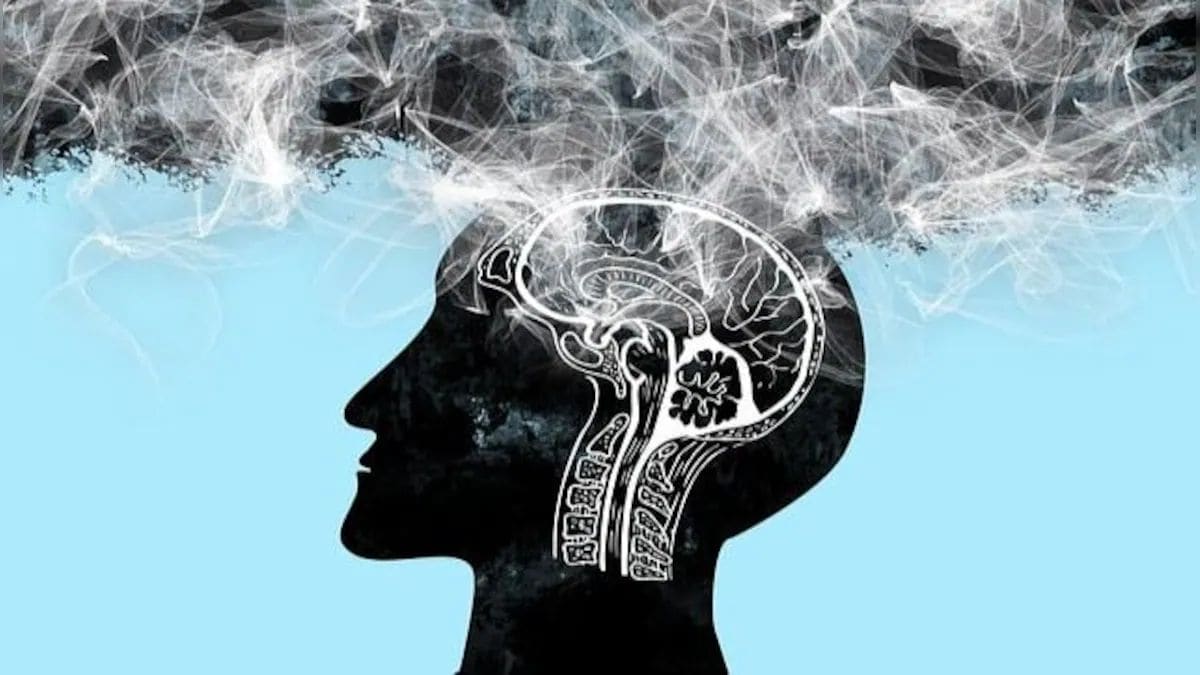Pune: The family members of a 51-year-old brain-dead man from the city donated his vital organs to save the lives of three people suffering from end-stage diseases. The patient had developed clots in his veins around the brain. This led to bleeding on both the sides of his brain.
Despite the best of efforts by the treating doctors, the patient could not be saved. After the family consented, his kidneys and liver were transplanted into three patients (when). The donor was brought to Manipal Hospital in Baner on Aug 10 with a complaint of severe headache, followed by altered sensorium (a medical condition that causes a change in mental consciousness).

Dr Amit Dhakoji, head of the department and consultant - neuro surgeon, Manipal Hospital in Baner, said, “The patient had clots in the veins around the brain and developed massive bleeding on both the sides of his brain (subdural hematoma) secondary to anticoagulants necessary for venous clots. The next day, his condition deteriorated further. Our team of doctors performed emergency surgery as a life-saving measure to relieve pressure in the brain.
Despite our best efforts, the patient stopped showing any signs of brain activity. After two sets of brain stem death tests, including an apnea test, he was declared brain-dead on the Aug 13.” Following his family’s consent, the Pune Zonal Transplant Coordination Centre (ZTCC) allocated his organs according to their waiting list.
His one kidney was transplanted into a patient at Manipal Hospital on Aug 13, while the second kidney and liver were allocated to two patients at two different hospitals in the city. The transplant surgeries for them wre also conducted on Aug 13. Dr Bhushan Nagarkar, head of department and consultant - critical care at Manipal Hospital, said, “The team worked closely with the patient’s family, providing them with the required information and support so that they could make an informed decision.
The family agreed to donate his organs. This saved the life of three patients in critical condition. Managing brain-dead patients has a different set of challenges, including the need for hormone replacement, to stabilise blood pressure and oxygen levels so that the other vital organ functions are maintained.
” We also published the following articles recently How Shavasana-the dead pose can be a great brain booster Shavasana, also known as the Corpse Pose, has been practiced for centuries to achieve deep relaxation and numerous cognitive benefits. Lying flat on the back, practitioners experience reduced stress, improved mindfulness, and enhanced mental functions, including creativity and sleep quality. Regular practice changes brain structure and helps lower stress hormone levels, offering profound well-being benefits.
Doctor arrested for 'raping' two patients at govt hospital in Cuttack A doctor at Cuttack's SCB Medical College and Hospital was arrested for allegedly sexually assaulting two women patients. The survivors, relatives of an MBBS student, confronted Dr. Dilbag Singh Thakkur, who was then beaten and hospitalized.
Thakkur, a senior cardiology resident from MP, allegedly committed the act during a heart-related check-up. An investigation committee has been formed. Awake Brain Surgery: Revolutionizing neurosurgery with precision and care Awake brain surgery offered hope for patients with brain tumors and epilepsy, keeping patients conscious to avoid damaging critical brain areas.
This technique minimized postoperative deficits, enhancing recovery and quality of life. The procedure allowed precise treatments and reduced complications, although risks like bleeding, infection, seizures, and brain damage remained..

















